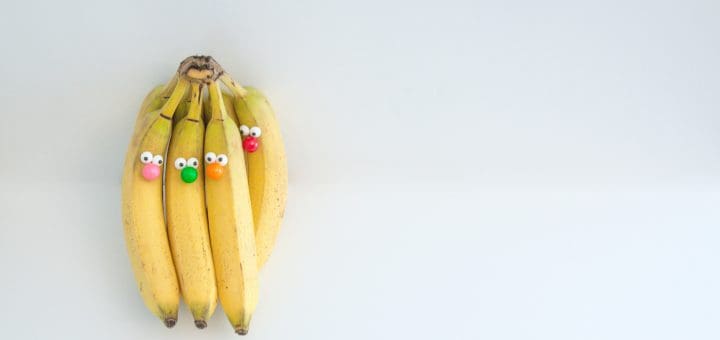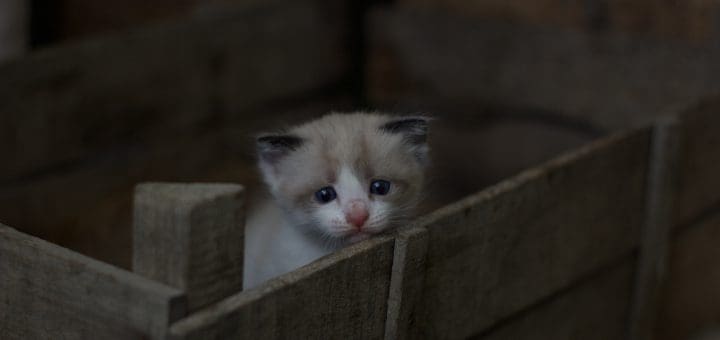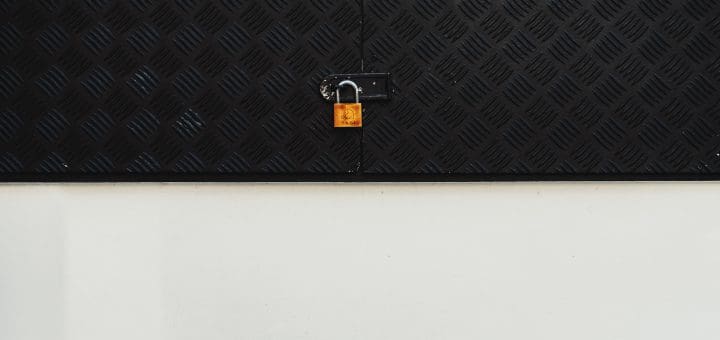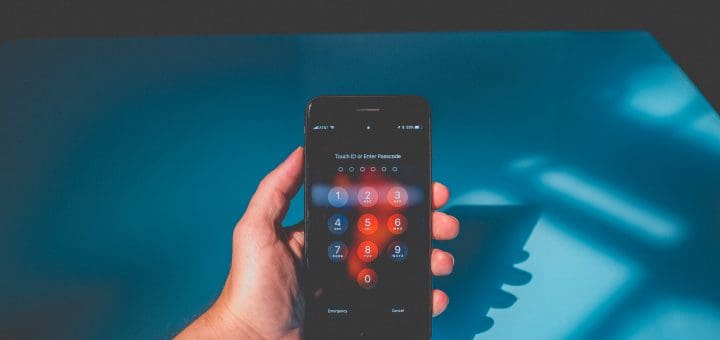Category: Social Media Guide
Like it or not, we’re all on social media in some way. Despite the large amount of sites and platforms available, the chances that you have an account on the same platform as your parent is pretty likely.
We talked about how exactly we use humor and laughter as a coping mechanism for mental health on Monday. Of course, everyone finds different things amusing (memes and self-deprecating humor are two topics we’ve covered before), but cringe humor has started to become more and more popular among adolescents on social media.
Today is World Mental Health Day. You’ve probably seen tons of posts online about the importance of ending the stigma and starting conversations about mental illness – and that’s a good thing! Social media can often be a trigger for mental illness symptoms, but it’s also a platform where people can open up and be honest about their struggles.
Unless you live across the pond, you probably haven’t heard of sadfishing. You may have experienced the phenomenon, but just without a name to give it.
You may think of two different things when you think about social media. You may think that social media makes everyone an open book, spilling all their secrets and sharing too much information so you know where they are, what they’re eating, and who they’re with at any given moment. You may alternatively think that social media is fake and controlled.
The popular narrative says that social media, smartphones, and constantly being online has had a negative effect on our mental health, especially for adolescents.
Chances are, you’ve heard of JUUL (especially recently with announcements of a potential ban). Like any phenomenon and trend, the word itself may cause an immediate response: recognition, mocking, maybe even confusion. But like any phenomenon or trends, especially one that’s mostly popular with teenagers and young adults, everyone has an opinion on them.
Social media is pervasive in most of our lives. This is especially true for teenagers and young adults, who are the first generation to spend their formative years online. Online access and connection is unarguably beneficial for many people, but it can also have negative consequences for mental health.
As I scroll through Instagram, I see amazing musicians on tour and playing complex songs. As a musician myself, I ask why I can’t do what they do. Why aren’t I as talented? Why aren’t I as successful?
Using social media can feel like a mindless activity. Most of the time, we’re opening apps and scrolling as if on instinct, and before we know it, it’s been an hour of alternating between apps and retaining absolutely nothing about what you just saw and who you interacted with.









Recent Comments